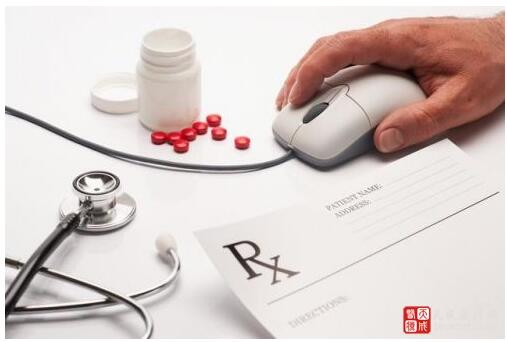
Zhang Shu, Director of Arrhythmia Diagnosis and Treatment Center of Fuwai Hospital and a CPPCC member, called on the acceleration and optimization of medical device registration and approval.
Zhang Shu summarized 5 major problems in the approval of drug and medical devices.
The first is too many drug and medical devices required to be approved;
The second is that it takes too long time for the State Food and Drug Administration to approve for guaranteeing the safety and efficiency of the drug and medical devices, thus their timeliness and advancement is lost, giving rise to the phenomenon of some drug and medical devices overseas are going outdated while domestic counterparts are not commercially available. As a result, same expense is made for the outdated foreign products, incurring the criticism from the media and the public.
The third is increasing of approval costs, which are mainly from unnecessary repetitive clinic research and so-called evidence-based medical evidences.
The fourth is over-complexity of approval procedures.
The fifth is that the review and approval panels are short of expertise, experienced veterans, and talents mastering new technologies and interdisciplinary knowledge for reviewing the increasingly advanced and complex technical products.
Zhang Shu suggested the laws and regulations on the drug and medical devices registration should be revised, updated and promulgated in a timely manner and the review and approval panel construction be strengthened, including significant increase of number of reviewers, provision of clinic reviewers and statistical reviewers, and recruitment of senior experts for reviewing. The outside expert groups should be established and extended, and the system of experts engaged on the basis of service term should be established. The national base for drug and medical device test should be established to implement the safety and efficiency requirements at the professional level.
Zhang Shu also suggested that examination and approval procedures, as well as clinic requirements of medicine and medical equipment before going into market be optimized.
In addition, Zhang Shu called on accelerating the approval procedures of mature foreign medical devices introduced to China in that there’s little difference between Chinese people and other nations, and the service cycle of medical services is only 2-3 years and the domestic approval process is usually longer than the time for update of medical devices overseas. Zhang Shu said that safe medicine and medical equipment were more a result of management than the result of examinations. Once a product goes into market, the system that tracks the quality of the product is more important.
